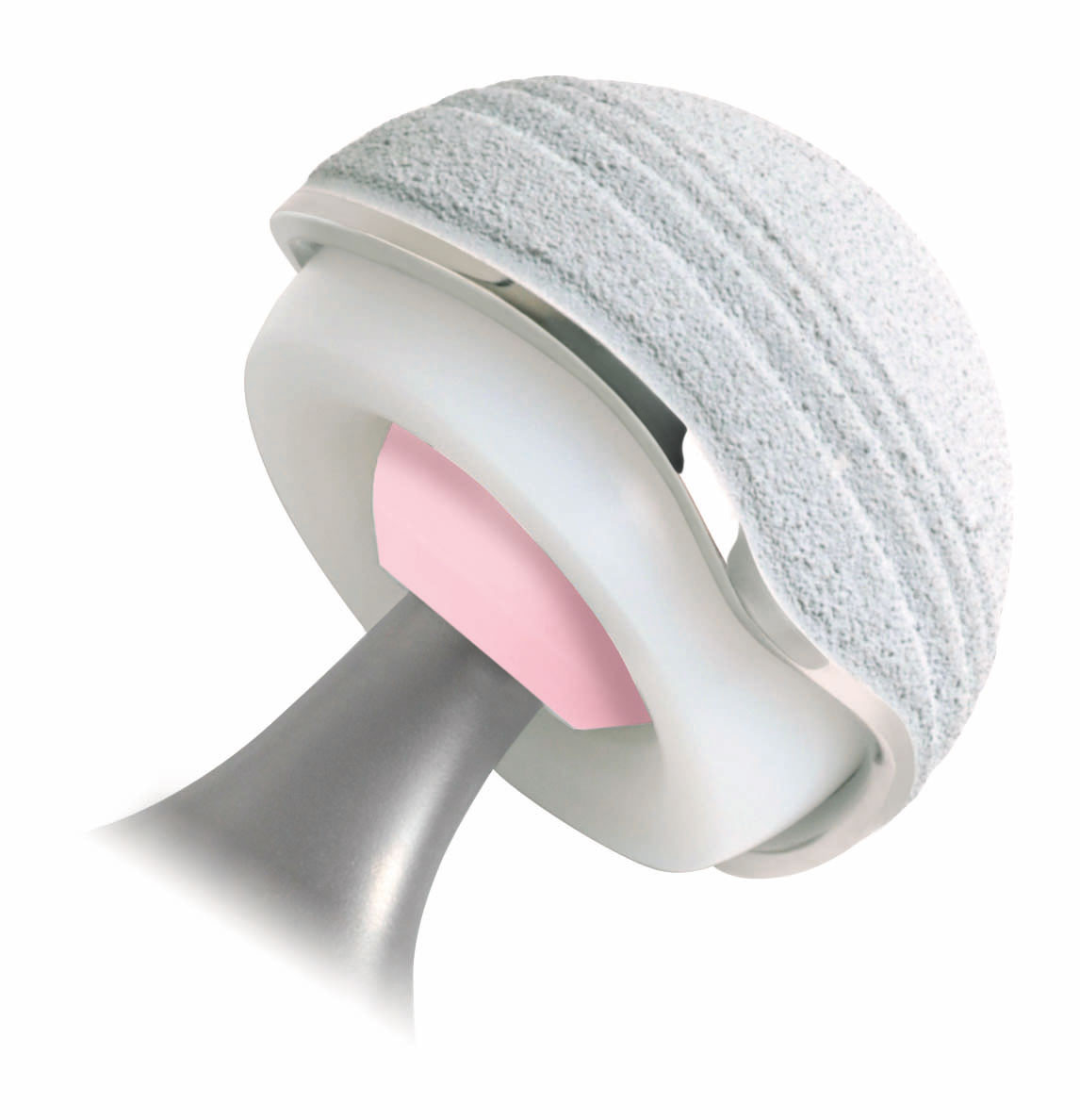Stryker Hip Lawsuit Filed in Minnesota District Court
In July, 2012, the Stryker Corporation via its Stryker Orthpaedics division opted to voluntarily recall its “Rejuvenate” and ABG II Modular Neck-Stem hip implant products amid growing concerns of safety and durability. Since that time, thousands of cases have been filed in jurisdictions across the United States – most of which have since been consolidated within the multidistrict litigation (MDL) docket number 13-2441.
The Stryker hip implant MDL is consolidated in United States District Court for the District of Minnesota, and is being managed by Judge Donovan W. Frank and Magistrate Judge Franklin L. Noel.
On January 5, 2015, a new Stryker hip lawsuit was filed by two plaintiffs – husband and wife – alleging pain, suffering and significant medical expenses associated with the implantation of the Rejuvenate hip replacement on the plaintiff’s right side. The complaint was submitted in short form, as allowed by the Minnesota District Court in order to save time and promote judicial economy.
Details of allegations against Stryker
The plaintiffs, who are both residents of Alabama, allege that on or about August 4, 2010, one plaintiff was implanted with the Rejuvenate brand modular hip system at the Brookwood Medical Center in Homewood, Alabama. From there, plaintiff has experienced difficulties with the hip implant which are not unlike other reported problems with Stryker hip replacements.
For instance, Stryker hip implants are associated with the following complications
- Corrosion of metals, causing the release of toxins into the blood stream
- Deterioration of muscles, tissues and bones surrounding the implant
- Chromium or cobalt poisoning, also known as metallosis
- Difficulty with walking, sitting or balancing
- Mandatory painful revision surgery
As a result of these problems, the plaintiff having received the implant is seeking redress for economic loss and general damages to compensate for the injury.
In addition, the patient-plaintiff’s spouse is seeking compensation for loss of consortium and loss of services. These concepts refer to the breakdown in a marital or familial relationship caused by the unexpected and debilitating onset of a personal injury. With regard to a married injury victim, his or her spouse can seek compensation for the loss of the marital companionship and intimate relationship which is no longer possible due to the onset of the medical condition.
Causes of action against Stryker
At the heart of the Stryker Rejuvenate MDL is the assertion that the company knew (or should have known) that its product was unreasonably dangerous, and subjected plaintiffs to its hazards nonetheless.
Therefore, the plaintiffs are alleging the following against the Stryker Corporation:
- Negligence & negligence per se
- Defective design
- Defective marketing
- Failure to warn
- Breach of warranties
- Violation of consumer fraud laws
- Negligent misrepresentation
- Unjust enrichment
- Loss of consortium
In sum, plaintiffs are seeking to recover total compensation for the amount of money they lost due to the allegedly defective product, as well as statutory damages, attorneys’ fees, interest, costs of suit, restitution and disgorgement of profits, and any other relief the court deems just and proper.
- FDA.gov, Stryker recalls, http://www.fda.gov/safety/recalls/ucm311043.htm
- Minnesota District Court, Stryker MDL, http://www.mnd.uscourts.gov/MDL-Stryker/introduction.shtml
- Marketwatch.com, Stryker hip recall products settle for $1 billion, http://www.marketwatch.com/story/stryker-hip-recall-products-rejuvenate-and-abg-ii-settle-for-1-billion-largest-individual-base-payment-awards-to-date-in-mass-tort-hip-implant-settlement-says-lawsuitsettlementnewscom-2014-11-14


 Resources
Resources
 Resources
Resources
